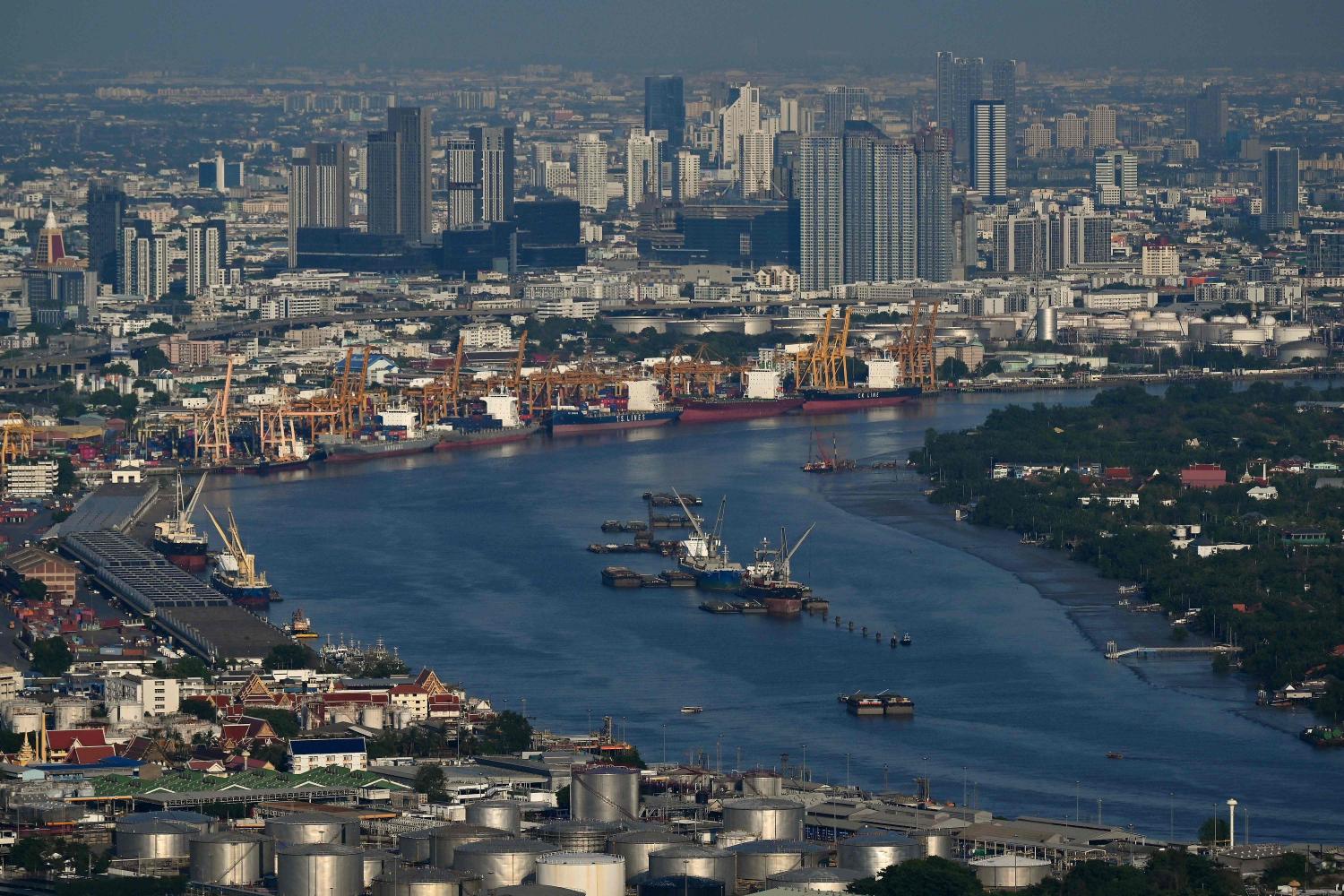Showing 1 - 4 of 4
The effects of unfinished momentum
News, Peerasit Kamnuansilpa, Published on 08/11/2025
» Why do some nations surge confidently into the future while others advance only in half-steps, not declining but not accelerating either? In their influential book Why Nations Fail (first published in 2012), Daron Acemoglu -- now a Nobel Prize economist -- and James Robinson, both economists and political scientists at the University of Chicago, offer a helpful lens for understanding Thailand's development path without casting blame or provoking division.
Thailand must redefine FDI for future
News, Peerasit Kamnuansilpa, Published on 14/08/2025
» Thailand's economic future looks increasingly uncertain. Once a rising star among emerging markets, the country now faces persistent stagnation. A key reason lies in how we have treated foreign direct investment (FDI) -- not as a strategic lever for national economic development but as a short-term fix driven by rent-seeking behaviour, bureaucratic collusion, and a failure to safeguard the nation's long-term economic interests and its goals for equitable development.
Lessons and hopes from May 11 poll
Oped, Peerasit Kamnuansilpa, Published on 22/05/2025
» The May 11 municipal elections across Thailand, although extensive in scope, offered little to celebrate in terms of democratic progress. Rather than signalling a political shift or new energy in local governance, the results underscored a deeply familiar pattern: vote buying remains the dominant strategy in Thai politics.
Planting the seeds of development
Oped, Peerasit Kamnuansilpa, Published on 03/02/2021
» Economic development in Thailand has not just been a responsibility of the central government, but its exclusive domain. Thus, the management inventiveness and fiscal autonomy of local governments for this function are often shackled by the rules, regulations and orders from the bureaucrats within the central government agencies or by those at the provincial level.






